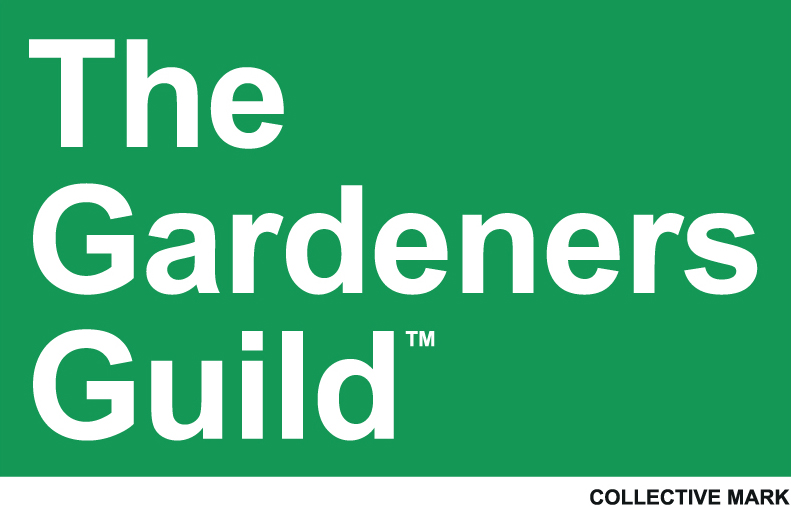
Heatstroke and Heat Exhaustion/Stress
Could you recognise the signs?
Many people are aware of heatstroke but
less aware of heat stress/exhaustion which, when left untreated, can
progress to the more severe heatstroke. Heatstroke is a collection of
symptoms brought on as your body struggles to control its temperature.
Your body tries to cool itself down by sweating. Most people lose over a litre of sweat each day. In hot weather and when physically exerting yourself (when your muscles generate heat) you will sweat more heavily - losing large amounts of water and salts. If your body loses too much water and salt, the symptoms of heat exhaustion develop.
If someone with heat exhaustion does not take action to reduce their temperature then the life-threatening condition of heatstroke may develop. Your body becomes dangerously dehydrated, it's cooling mechanisms malfunction and it is nolonger able to control your body temperature - you need to take positive action to help your body lower its temperature.
Symptoms of heat exhaustion include:
Excess sweating
Feeling light-headed/faint
Nausea and vomiting
Headache
Tiredness
Muscle cramps
Symptoms of heatstroke include:
Disorientation
Confusion
Rapid and shallow breathing
Fits (seizures)
Some people are more at risk of heat exhaustion and heatstroke than others;
Babies, children and older people, who have less
efficient body cooling systems.
People with certain medical conditions
that reduce the efficiency of the body's cooling mechanisms. For example
diabetes, obesity and chronic heart failure.
People suffering from diarrhoea, who are more likely to become dehydrated.
Treatment and recovery
Heatstroke is a medical emergency. If left untreated, an affected person may slip into a coma, often within minutes. Tragically, some people die from heatstroke - the excess body heat can lead to heart failure, kidney failure or brain damage.
Someone affected by heat exhaustion needs to;
Rest in a cool place - get out of the heat!
Sip
cool drinks - sports drinks especially designed for rehydration are useful
because they contain a balance of different salts.
Take a cool shower or
bath, soak feet in a bucket of water or place a wet towel on the shoulders.
Keep doing this until you feel better.
Prevention is better than cure:
Stay in the shade as much as possible.
Drink
lots of cool drinks.
Avoid alcohol or caffeine as these are dehydrating.
Take it easy on hot days - don't overexert yourself.
